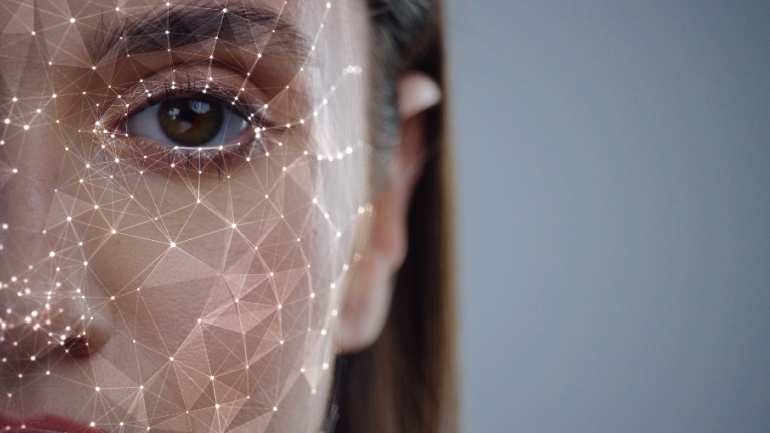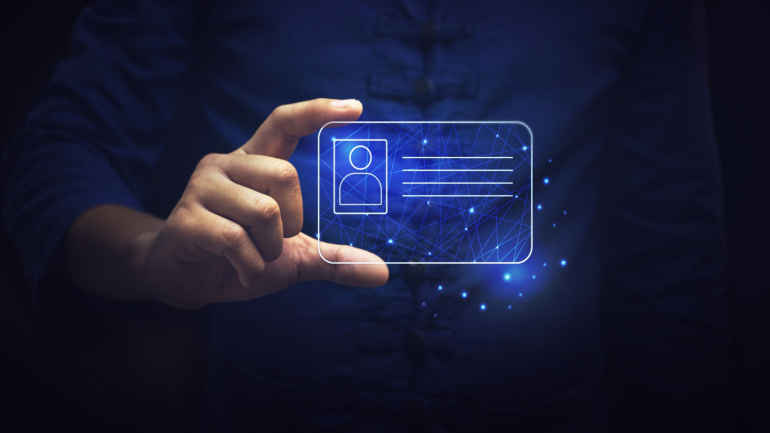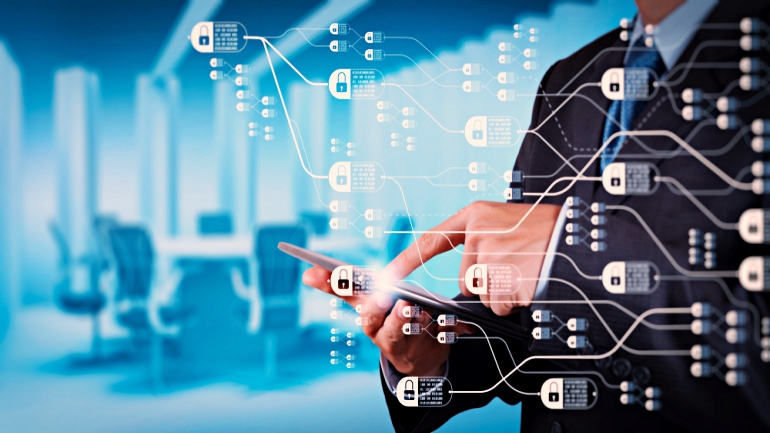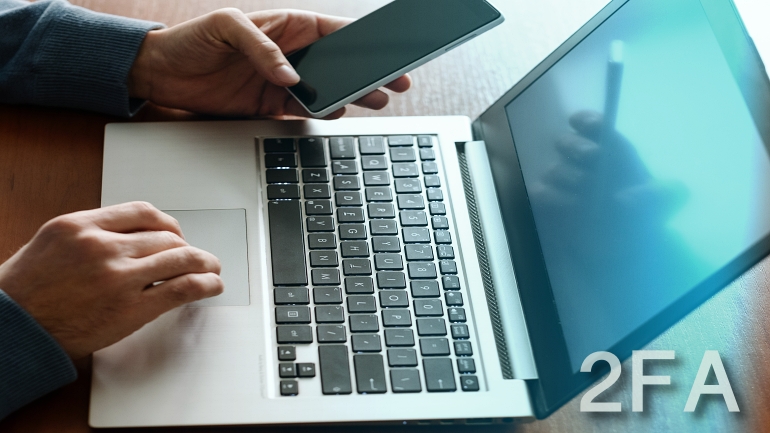Diving into the digital frontier, the Sustainable and Interoperable Digital Identity (SIDI) Hub, an alliance of 17 open-standard organizations, is striving to create cross-border digital identities. Through harnessing insights from significant bodies such as the OECD and World Bank, they aim to establish a minimum set of interoperability requirements. However, recognizing the diverse perspectives globally, they also highlight the need for taking into account the unique social, cultural, and legal contexts of each nation.
Witness an intriguing experiment as three major European telecom leaders dive headfirst into field-testing the European Union’s digital ID scheme, dubbed ‘Potential’. An initiative that aims to streamline identity verification across 19 EU nations, it brings to our digital life convenience, efficiency, and the promise of enhanced security. However, it’s not without its challenges -potential data leaks, risks of stringent gatekeeping and concerns over invasive surveillance.
Comcast says voice and video calls have skyrocketed 212 percent during widespread self-isolation Comcast Corporation, a global media and technology company, has announced that voice and video calls have more than tripled on its network since people across the US started working from home due to the COVID-19 outbreak. According to the company, traffic in this category has increased by 212 percent in total, while overall peak traffic on its network has grown by 32 percent. Tony Werner, Comcast’s tech leader, said that the additional traffic is “well within the capabilities of the network,” and despite the increases in usage, the company’s network is working just fine. Read more at https://tinyurl.com/skncjow Zoom freezes feature development to fix security and privacy issues Over the past few weeks, the Zoom video conferencing app has been widely used for personal and business online meetings during the coronavirus lockdowns around the world. According to the…
Six global carriers form a group for MEC, 5G interoperability Verizon, Vodafone, America Movil, KT Corporation, Rogers Communications, and Telstra have joined forces to form the first-of-its-kind cooperation, the 5G Future Forum. The world’s leading telecoms and technology service providers will work together to develop interoperable 5G specifications and mobile edge computing across key geographic regions, including the Americas, Asia-Pacific and Europe. According to the statement from the carriers, they will “develop public and private marketplaces to enhance developer and customer access to 5G, and will share global best practices in technology deployment.” Read more at: https://tinyurl.com/u3vdooh Google acquires no-code app development platform AppSheet Google has announced the acquisition of AppSheet, a no-code enterprise app development platform that allows developers without extensive programming knowledge to collect rich data, fill up apps with AI, or automatically move data. This works by extracting data from a spreadsheet, database or form, and using the…
FIX Network has announced a significant achievement towards their goal of securing transactions and private keys on SIM cards. As an innovative joint venture made of leading teams in telecoms, cybersecurity and blockchain, FIX Network will leverage the existing cellular infrastructure by defining and implementing a new blockchain-based security protocol. According to the announcement, the FIX Network Security Protocol will ensure the security and safety of private keys used by applications on mobile devices, and will provide a trusted environment for protecting a customer’s digital identities and digital assets. A significant innovation by the company is the storage of private keys on the subscriber’s SIM card, and the execution of cryptographic operations on that SIM card using applets. FIX Network emphasized that the private keys are never exposed to the mobile device or to a public network, thus enhancing security of the stored Digital Identities and other digital assets such…
FIX Network, an innovative technology company from Vilnius, Lithuania, has developed a new two-factor authentication (2FA) SIM card and app for protecting mobile data and digital identities. The ultimate goal of the company is to provide comprehensive blockchain-based solutions for mobile devices, enabling subscribers to secure their digital assets and identities by safekeeping private keys on their SIM cards. However, due to the urgent and immediate requirement of securing phone numbers – which may be considered to be the most valuable digital identities – FIX Network will provide a free-to-use 2FA application, together with newly issued and truly subscriber-owned phone numbers that will serve as secure and global digital identities. These numbers will be fully controlled by the subscriber, preventing unauthorized porting or malicious hijacking of the phone number. This 2FA solution will also include the practical ability to recover access to digital identities through user-defined policies that include…
DIDWW, the cloud telephony platform focused on providing virtual phone numbers on a global basis, has recently been assigned a new international shared country code by the ITU (International Telecommunication Union). This organization is the United Nations specialized agency for information and communication technologies, and is responsible for implementing technical standards that ensure the seamless interconnection of networks. In the past, the company highlighted the vulnerabilities and shortfalls of the current number portability procedures and how it was possible that a subscriber could lose their phone number. This problem has become critical due to the fact that phone numbers are increasingly used as a supposedly secure means of identification and authentication in our journey towards full digital transformation. As per DIDWW’s official announcement, the company strongly subscribes to the ITU’s philosophy that the phone number is an asset that must be owned by the end-user, and the company…
No doubt, “blockchain” is the hottest buzz word being discussed across all industries, and telecommunications is no exception. The blockchain is being proposed for use in various applications in the telecommunications industry, such as securing CDRs, billing data and access logs, ensuring data authenticity or ensuring strict operational procedures. Blockchain will certainly optimize costs by eliminating third-parties such as clearing houses, automating audits and improving fraud detection. However, there is one area where the use of blockchain technology has the potential to not only benefit the operators, but will have a revolutionary impact on the way we all understand, use and protect our identities. The Phone Number as your Digital ID Our phone number is our most valuable digital identity, and will remain the only unique international method of identification well into the future. The PSTN, which is wholly based on the use of phone numbers, is the largest social…











